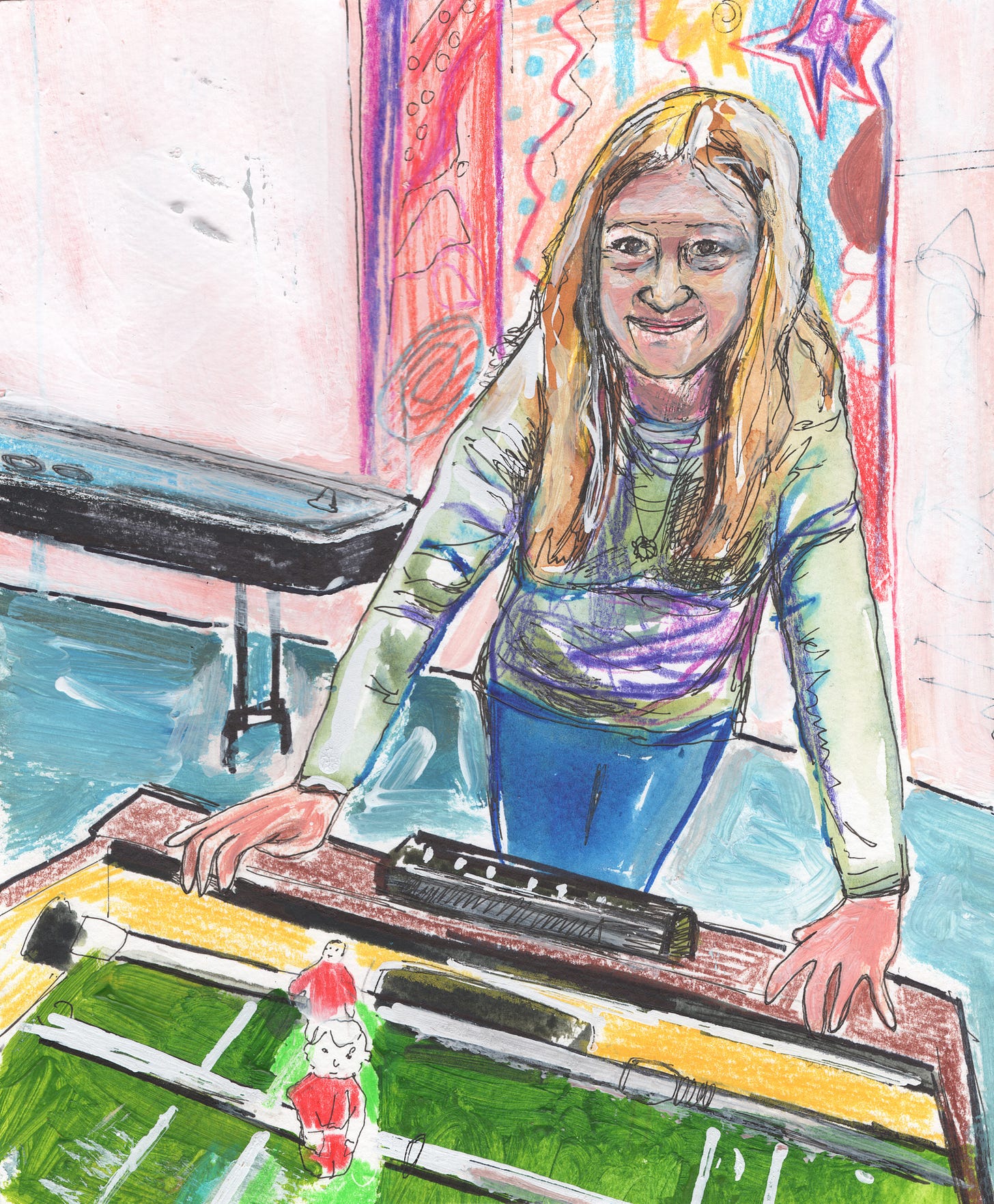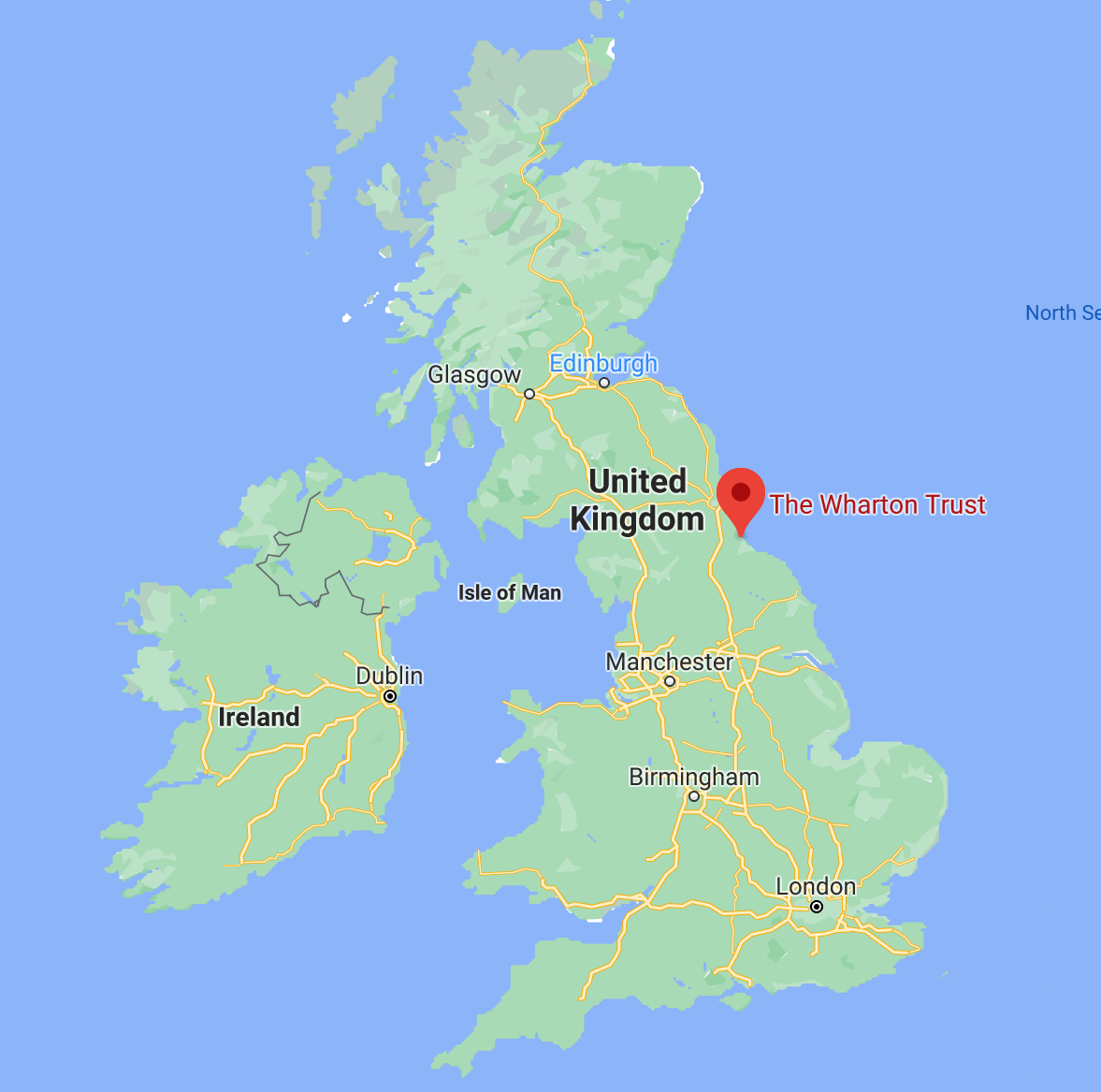
When someone comes to Teresa Driver for help, she usually tries to help them help themselves, whether that is supporting them to apply for benefits, pay a bill or write an email. That’s how things are done where she works at the Annexe, a community centre in the Dyke House area of Hartlepool run by the Wharton Trust. But when a mum came to her during lockdown at her wits’ end because her son had been excluded from the one school that was supposed to be able to handle him, Driver cracked. “I emailed the local authority and said they should take the school to court, and while they’re doing that they should look at the human right to education,” she says.
School exclusions are at a 13-year high, according to government figures, worsened by the pandemic as socially-distanced facilities have fewer places to care for children when they are asked to leave a classroom. There is some evidence to suggest that academies, which are generally stricter, exclude children more readily. That seems true in Hartlepool, where exclusions have rocketed from 263 in 2008-9 to 4,879 in 2017-18, an increase of more than 1,755 per cent – more than anywhere else in the country. Around 80 per cent of secondary schools in Yorkshire and the Humber are academies, compared to 70 per cent in the neighbouring North East (exclusions in South Tyneside, for example, have more than halved in the same period). Here, Driver explains how she is working with barristers to develop training for parents to push back on school exclusions in a place where people sometimes feel they don’t have the right.
Interviewed on February 2, 2018
I’m the youth and community coordinator at Wharton Trust. When I first came to the Wharton Trust, I came into a new youth project that had just been developed. The centre had been closed for renovation for six months. The residents wanted a cafe and a gym, but the plans changed. There was money for a music room but there was nothing for equipment. They were told local tradespeople would be involved in the build, but that didn’t happen. They made the tender process impossible. Residents were disappointed. People said there’s no point talking to us because “they don’t do what you want”.
We had a temporary manager who got knocked back. Then Sacha (Bedding, manager at the Wharton Trust) came and reapplied because we liked his approach of listening to residents and looking at their talents. We got some community organisers that were based in Dyke House. We went on from there, had some more arguments with the local authority. It’s a culture shock.
You’re popular in your community if there is a problem and you can fix it, but it’s hard for them to grasp if you support people to solve their own problems.
We got a huge contract for community organising, funded through the Big Society. People would come together for training, then we would get a tiny amount of money for hosting.
This Big Society idea of people taking ownership of the community fit, but the idea of people doing everything for nothing didn’t fit. You still have to pay people. Youth clubs are hard work, especially on estates like this one. A group of volunteers couldn’t run a youth club. It needs people who are one step away from the community, so they have the confidence to challenge, so they start leading as well.
We have a project called Make Dyke House Beautiful. When I first mentioned it to the council officer he said don’t ask, just do it. Sometimes we ask for a bit of help, so we’re not anti-local authority. The residents got about 5,000 bulbs in. We did wild seed meadows. We brought a lot of colour and bees and butterflies and now we have worms, which we never had before.
We also run Bags of Help, which keeps the community clean by offering a bag of goods to someone who offers one hour of volunteering. The bags are worth about £8. Every week people come out, it might be litter picking, or helping an elderly neighbour.
People don’t buy things they can’t afford.
It’s not that they buy a little bit, they just do without certain things. They choose between heating and eating. Bags of Help helps people stay away from payday loans. If they have a bag of food, any money can go on the heating.
That’s especially true for people transferring to Universal Credit. The going six weeks without any benefit is what we have found is the difficult bit. I’ve heard a couple of people say they are better off, but I know people who are not managing their finances because the credit is given to them to pay the bills. Especially people with addictions, they just spend it.
Interviewed on January 19, 2021
We’ve been open during the pandemic, even though the door is shut. We have few support groups that go on, there’s two small groups of young people. We’ve had Fareshare, a couple of small grants for food hampers and stuff. The food bank called and said, "Teresa do you want some spaghetti hoops," and 270 tins turned up! I’ve never seen so much food.
The world’s gone mad. What you’ve seen in Hartlepool is the dependency, people thinking they’re entitled to it. There’s a bunch of food tourists who are always first in the queue. There’s a nasty side to it.
The pandemic makes everything a bit slower and harder.
We managed to get some funding to get a project off the ground around school exclusions. We have a barrister working with us. Too many kids get excluded. We have an exclusion unit upstairs: schools hire the room off us, but even then you see kids that get rolled on to another school and the process can take 17 weeks.
Postcode Lottery, Dyke House Big Local and the Baring Foundation are funding us to work with solicitors to do legal skills at a grassroots level. I’ve always worked with kids that get excluded for stupid things. One of my gripes was when you appeal an exclusion you’re appealing back to the same people because most academies don’t have any accountability in communities – there are no parent governors now. So really, you haven’t got an appeal. We started talking about how to challenge that.
We’re linking it to the right to an education. To punish someone by taking that right away from them is just wrong.
One parent that I worked with, last year, her son was told to go to this secondary school, which was the best one for him to go to. He had a trauma in his life and learning difficulties, she sent him there, but he was getting sent home everyday to the point where she didn’t have any money because it was costing so much in bus fares. She had to go and pick him up because they said he was dangerous.
We worked out he had no education for eight weeks. The local authority said they would take him to court if his attendance doesn’t improve. I normally don’t do things for people, I try to help people to do things for themselves, but in this case I emailed the local authority and said they should take the school to court, because his attendance is low because they keep sending him home without supporting the parent, and while they’re doing that they should look at the human right to education. Forty-eight hours later he was in the unit. So why couldn’t they do it before?
The poor kid had no education last year because of lockdown.
So six weeks later he went back and he was told you haven’t got a teacher because she’s got Covid, but when we looked into it, it wasn’t even true. This kid has now struggled educationally, he’s never going to fit in because he’s lost that much. Mum’s struggled as well. She’s one of these people who tries hard but are just successfully failing because they get punished. Half the time it’s out of her control or she hasn’t got the skills to sort it and there doesn’t exist something to support her. There will be soon, because we’re going to create it.
But they need something to exist for support, because services to children and families have been hammered in the last decade.
In between lockdowns we did the first training. The barrister came up to spend a day with us and it was a mixture of parents, workers and colleagues in the third sector. We need to develop the Parent Power Pack and train some trainers so when they give it away they can explain it, because some parents will still struggle.
Footnotes
I’ve included a podcast, above, and this essay that I did for Local Trust in 2018, when I first met Teresa, which has a chapter on Dyke House and all the good work that goes on there, should you want to find out more. The parent power programme is launching officially in the next month or so – keep an eye on Teresa’s twitter for more. I’d like to give a special shout out to my collaborator Katie Pope this week, whose portraits are making their way around the country to all the people who have featured in this newsletter so far. As always, you can show your appreciation for both of us by forwarding this email to someone else who might subscribe. It’s free!




